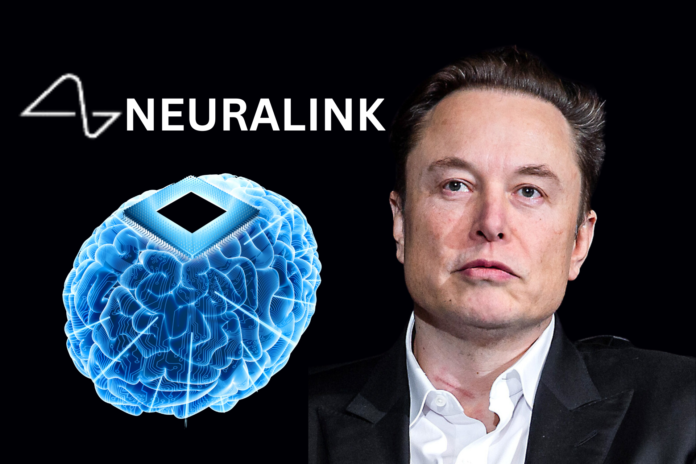Tech billionaire Elon Musk has announced a significant breakthrough for his company, Neuralink, revealing that they have successfully implanted one of their wireless brain chips in a human for the first time. This groundbreaking achievement marks a major milestone in the quest to connect human brains to computers and offers hope for individuals facing complex neurological conditions.
A Remarkable Milestone
In a recent announcement, Elon Musk shared that Neuralink’s pioneering brain-chip implantation in a human has yielded promising initial results. The implanted chip detected neuron spikes and nerve impulses, while the patient was reported to be recovering well. The ambitious goal of Neuralink is to establish a direct connection between human brains and computers, addressing a wide range of neurological conditions and revolutionizing the way we interact with technology.
Neuralink is not alone in this endeavor, as several other companies have been working on similar brain-computer interface technologies. However, Neuralink’s recent success represents a significant leap forward in the field.
Regulatory Approval and the Path to Human Trials
The journey to this groundbreaking achievement began with regulatory approval. In May, Neuralink received permission from the U.S. Food and Drug Administration (FDA) to conduct human trials—a critical milestone that came after earlier struggles to gain regulatory clearance.
The approved study involves a six-year timeline during which a specialized robot is employed to surgically implant 64 ultra-thin threads, each thinner than a human hair, into a specific area of the patient’s brain associated with “movement intention.” These threads are the key components that allow Neuralink’s experimental implant to record and transmit brain signals wirelessly to a dedicated app. This app deciphers the user’s intentions, particularly related to movement.
Telepathy: The First Product
Elon Musk took to the social media platform X, formerly known as Twitter, to share the news and offer insights into Neuralink’s future plans. He revealed that the company’s initial product will be called “Telepathy.” Musk described Telepathy as a technology that will enable users to control their phones, computers, and a wide range of devices simply by thinking.
“Initial users will be those who have lost the use of their limbs,” Musk explained in his post. He went on to paint a compelling picture of the possibilities, suggesting that with Telepathy, individuals like the late Stephen Hawking, who had motor neuron disease, could communicate even faster than a professional typist or auctioneer.
Competing in a Growing Field
While Neuralink’s achievement has captured headlines and sparked excitement, it’s important to note that Musk’s company is not the only player in this rapidly evolving field. Rival companies with decades of experience are also making significant strides.
For instance, Utah-based Blackrock Neurotech implanted its first brain-computer interface in 2004, pioneering the way for other firms in the sector. Precision Neuroscience, formed by one of Neuralink’s co-founders, has been dedicated to helping people with paralysis. Their implant design resembles an exceedingly thin piece of tape that sits on the brain’s surface and can be implanted through a “cranial micro-slit,” a less invasive procedure.
These existing devices have already demonstrated their potential in recent studies. In separate scientific investigations in the United States, similar implants were used to monitor brain activity during speech attempts, leading to successful decoding and potential applications in helping individuals with communication challenges.
The Future of Brain-Computer Interfaces
As Neuralink and its competitors continue to make advancements in brain-computer interface technology, the future holds incredible promise. The ability to connect the human brain with computers and external devices has vast implications, from aiding individuals with disabilities to enhancing human capabilities in various ways.
It’s worth noting that while Elon Musk’s involvement has brought significant attention to the field, the collective efforts of multiple companies and researchers are driving innovation. Collaboration and competition within the industry are likely to accelerate progress and lead to even more groundbreaking developments.
Elon Musk’s Neuralink has achieved a remarkable milestone with the successful implantation of its wireless brain chip in a human. This accomplishment brings us one step closer to a future where direct brain-computer connections revolutionize the way we interact with technology and address complex neurological conditions. While Neuralink’s achievement is noteworthy, the field of brain-computer interfaces continues to advance, promising exciting possibilities for the future of human-computer interaction.




